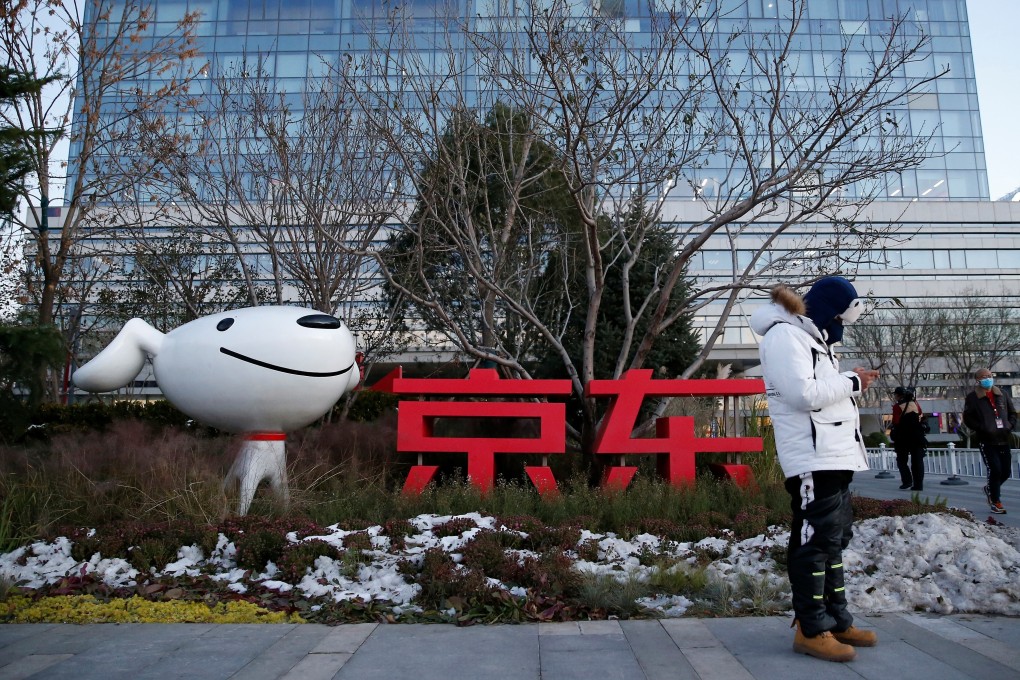JD.com, NetEase added to Hang Seng Index as China Evergrande removed from the China Enterprise Index
- The other two additions include China Resources Beer and ENN Energy Holding
- The number of constituent stocks in the Hang Seng Index will increase to 64 starting December 6

The compiler of Hong Kong’s Hang Seng Index has added e-commerce giant JD.com and video gaming company NetEase into the benchmark index in its latest quarterly review, after having avoided internet companies targeted by Chinese regulators during the last review.
“The addition of the two tech giants reflects that the compiler considers the market has turned more stable and it is ready to add Big Tech firms in the benchmark index,” said Louis Tse Ming-kwong, managing director of Wealthy Securities. “This is sensible as these tech giants have a large market cap and should be in the benchmark index.”
On Friday night, the Hang Seng Indexes also announced the addition of consumer stock China Resources Beer and major Chinese natural gas distributor ENN Energy Holdings into its benchmark index.
Meanwhile, heavily indebted property developer China Evergrande Group was removed from the Hang Seng China Enterprise Index and replaced with biotechnology company Innovent Biologic.
Evergrande’s share price has dropped 80 per cent since its debt crisis emerged earlier this year. Its removal from the China Enterprise Index can help passive Exchange Traded Funds (ETFs) avoid being affected by the troubled company, said Robert Li, chairman of the Hong Kong Securities Association.
According to Bloomberg data, the China Enterprise Index and the Hang Seng Index are tracked by about US$4.23 billion and US$21.12 billion worth of ETFs respectively.
The fourth-quarter review, effective from December 6, broadens the Hang Seng Index’s coverage to 64 firms from the current 60. This means that the compiler would need to add 16 more stocks to the benchmark to reach its target of having 80 constituent stocks by mid-2022, an unlikely goal given that there will be only two more reviews before the deadline. The compiler added only three stocks – sportswear retailer Li Ning, glassmaker Xinyi Glass Holdings and China Merchants Bank– during the last review in August.